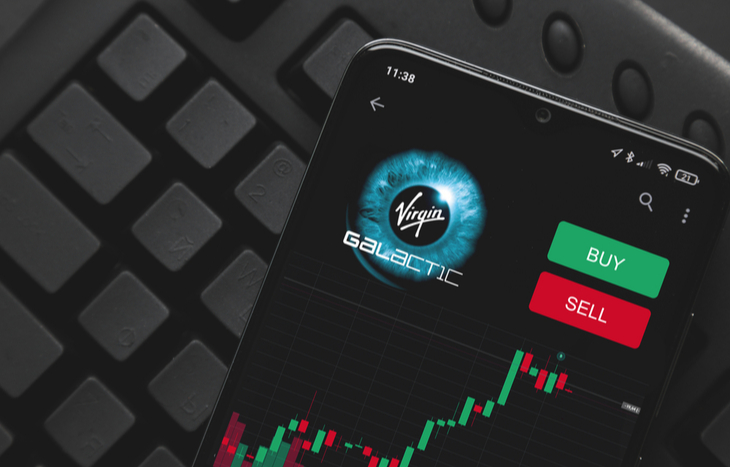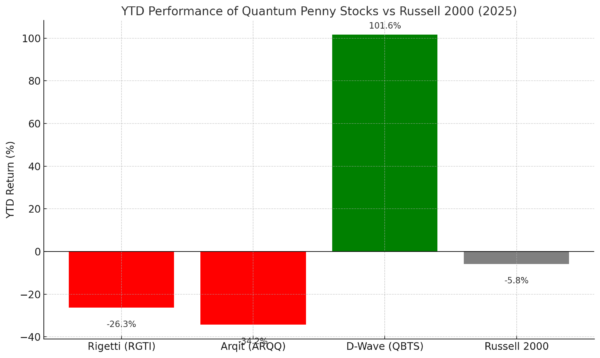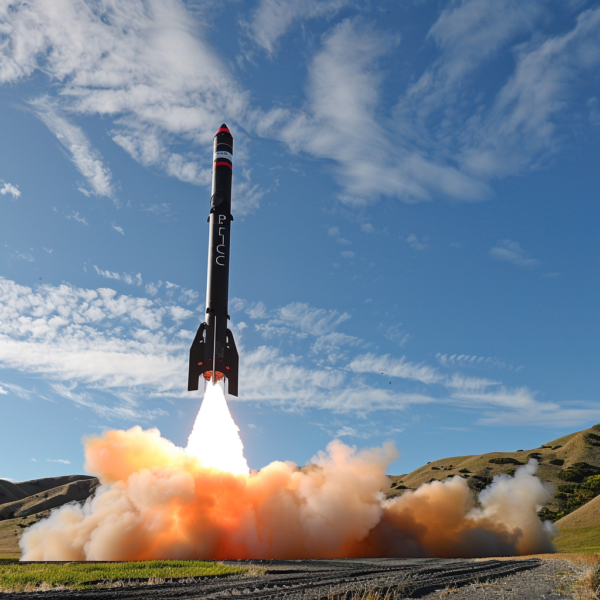SPCE Stock Forecast – What To Expect
Many investors are excited about Virgin Galactic Holdings (NYSE: SPCE) stock forecast. And with good reason. Billionaire founder, Sir Richard Branson headed to space last Sunday. This just weeks after being awarded a “full commercial launch license” from the FAA. Virgin Galactic sent Branson on a suborbital spaceflight with several other astronauts. The flight comes after years of testing and has since been on the forefront of the company’s agenda.
SPCE Stock Forecast – Will Share Prices Soar Higher?
As a spaceflight company, Virgin Galactic’s main goal is to create and operate commercial spacecraft. As of mid-July 2021, Virgin Galactic had a market capitalization of $7.273 billion. However, since the space flight, SPCE stock has dropped from $50 a share to $30.
This decline largely occurred because of an announcement the company made after the historic launch. On July 12, 2021, Virgin Galactic announced that it would be selling up to $500 million in stock. Afterward, the stock began to decline.
Other than the historic flight, Virgin Galactic has recently achieved other noteworthy milestones. In April 2021, a subsidiary of Virgin Galactic was recently selected for a contract from the United States Space Force that is worth $35 million. To fulfill the contract, Virgin Galactic will be taking Space Force satellites into low-earth orbit.
Back in 2017, Virgin Galactic and Virgin Orbit split into two separate companies. This was done so that Virgin Orbit could handle launch services for small satellites. Other than the contract with Space Force, Virgin Orbit is also partnering with the Air Force to launch satellites from Guam.
Read on to learn more about the current SPCE stock forecast…
The Space Wars Continue
The spacecraft launched into the air from a carrier plane on July 11, 2021. This flight was the first time the founder of a spaceflight company ever went into outer space on their own ship. Following the successful flight, Virgin Galactic expects to send paid passengers into space in 2022.
The History of Virgin Galactic Holdings
Virgin Galactic was originally started by Sir Richard Branson in 2004. The noted entrepreneur and adventurer previously founded Virgin Atlantic and Virgin Group. He also created The Spaceship Company (TSC) with Burt Rutan in order to build and launch spaceships. Originally, Virgin Group owned 70 percent of TSC. After the founding of TSC, Virgin Galactic became the company’s main launch customer.
While he is now famous for his forays into space, Branson is no stranger to dangerous adventures. In 1991, he successfully crossed the Pacific Ocean in a hot-air balloon. While he had intended to finish the flight in Los Angeles, he ended up crashing into the Arctic Ocean instead. In a previous balloon flight in 1987, Branson barely managed to stay alive after the balloon imploded.
In 2010, Aabar Investments acquired a stake in Virgin Galactic that was worth 31.8%. At the time, the shares cost $280 million. The stake grants Aabar regional rights to scientific research and tourism aboard the spacecraft. During the following year, Aabar Investments put another $110 million into the company. This is part of an effort to launch small satellites into orbit. Meanwhile, the government of New Mexico has invested around $200 million into the Spaceport America complex.
Virgin Galactic’s Share Price and Financial Information in 2021
After years of raising money from investors, Virgin Galactic finally decided to go public on the New York Stock Exchange. It initially began trading on October 28, 2019. While many retail investors express interest in the company, the business does not currently earn a profit. Until commercial flights begin, Virgin Galactic does not have any major streams of revenue. Currently, the company actually loses $331,756 per employee. In addition to having an operating margin of -115,581.51 percent during its pre-revenue phase, Virgin Galactic has a return on equity of -48.32 percent.
Regarding a SPCE stock forecast…normally, a debt-to-equity ratio of 4.15 and a return on total capital of -46.54 percent would be a cause for concern. In this particular case, it makes sense for investors to compare Virgin Galactic to Amazon. During its first few years of operation, Amazon did not earn a profit. The first time it operated in the black was during the fourth quarter of 2001. Even then, the profits were minimal because Jeff Bezos wanted to prioritize future earnings over quarterly earnings targets. As a result, Amazon has become a behemoth in online sales and a perennial favorite among investors.
How popular will commercial space travel be? No one knows for sure. But companies that invest now will reap the rewards later. At the end of the first quarter of 2021, Virgin Galactic lost $0.55 per share. The amount of available cash in the first quarter dropped to $617 million from $666 million in the fourth quarter.
SPCE Stock Forecast – Profitability May Be Beyond The Horizon
While it may be years before Virgin Galactic is a profitable company, the 2021 test flight shows that a commercial program is possible. Some of the earliest travelers will be researchers from the International Institute for Astronautical Sciences. Additionally, the National Aeronautics and Space Administration (NASA) plans on funding scientific missions.
Other than hosting scientific experiments and offering flights for tourists, Virgin Galactic has another potential revenue stream. Virgin Galactic’s hypersonic speed means passengers can get from one continent to another in a record amount of time. Because of this, the company can eventually offer tickets for point-to-point travel. Boeing definitely recognizes the potential for point-to-point travel. The airplane manufacturer has invested $20 million in Virgin Galactic.
How do earnings affect a SPCE stock forecast? The future earnings of Virgin Galactic are unknown. In addition, there are other companies entering the industry already. Elon Musk’s SpaceX and Jeff Bezos’s Blue Origin are almost as far along as Virgin Galactic. This means they could potentially take away some of Virgin Galactic’s future revenue.
Final Thoughts
Last week The Oxford Club’s Chief Trends Strategist, Matthew Carr weighed in on space tourism and the future of travel.
As I’ve outlined here before, the space tourism industry is projected to be worth $8 billion by 2030. (Though that’s only a small slice of the $1.4 trillion the commercial space industry will be worth by then.)
At the moment, despite ticket prices of $250,000, Branson’s Virgin Galactic already has more than 600 people signed up to take flight when commercial operations set sail next year. It is far and away the leader in this category.
Many naysayers lament that commercial space travel is for only the most elite. And for now, that’s very true. But they’re missing the larger picture. Tourism is only one side of the business model.
The true opportunity for Virgin Galactic – as well as for SpaceX, Blue Origin and a growing number of competing space companies – is point-to-point travel. This is essentially leapfrogging from one point on Earth to another via suborbital spaceflight.
For an up-to-date SPCE stock forecast, and all of the market’s emerging, breakthrough and disruptive trends, sign up for Profit Trends today. It’s free and you’ll receive real-time updates, delivered straight to your inbox.






